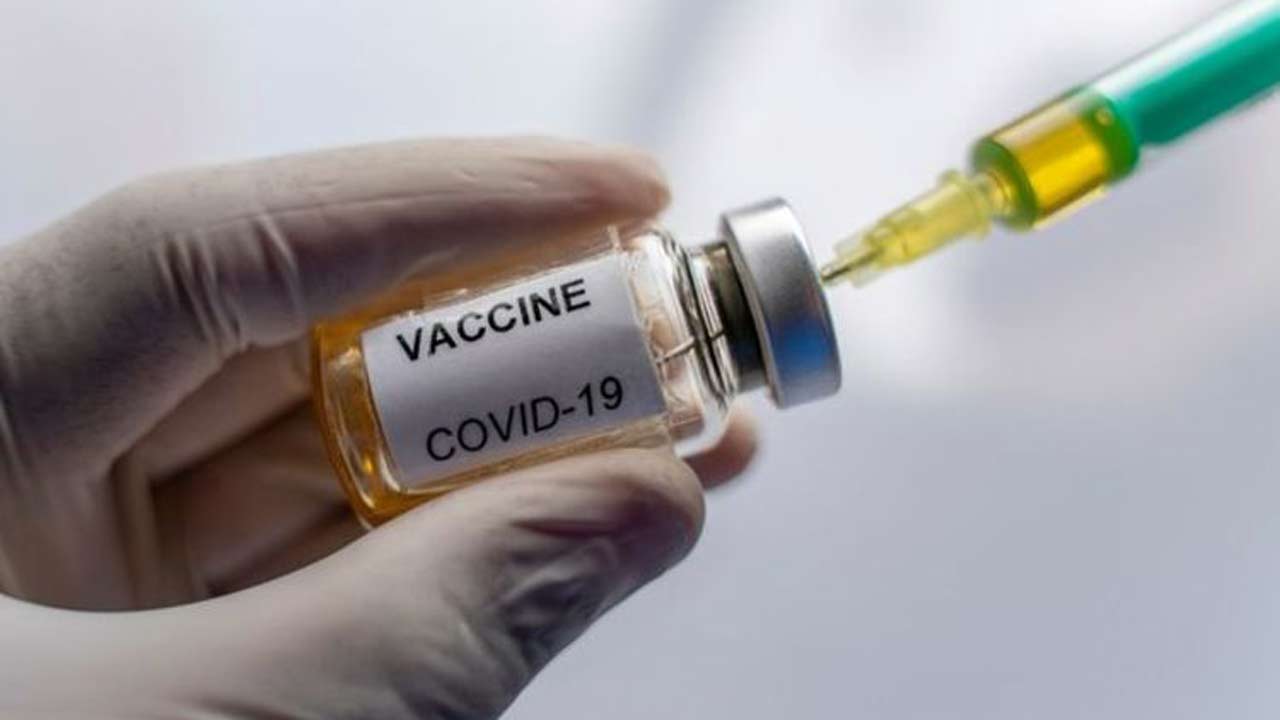The Federal government has expressed concern over the high burden of Neglected Tropical Diseases (NTDs) in the country and stressed the need to evolve strategies that will help in the control, elimination and eradication of NTDs in the country.
Neglected Tropical diseases are communicable diseases associated with poverty and commonly found in rural communities with unsafe water sources, substandard housing conditions, and poor hygiene such as leprosy, Guinea worm rabies.
According to the 2016-2020 NTD Strategic Plan, about N154 billion is needed to eradicate NTDs in the country. About 1.5 billion people are affected by NTDs globally and Nigeria contributes not less than 40 percent of the global burden of NTDs.
This was disclosed at a media dialogue on Neglected Tropical Diseases Control in Nigeria organised by the United Nations Children Fund (UNICEF) in collaboration with the Childs Rights Bureau of the Federal Ministry of Information and Culture.
National Coordinator of NTDs, Dr. Chukwuma Anyaike, said that about 122 million persons are at risk of one or more NTDs in Nigeria adding that we have about 12 Neglected Tropical diseases in the country.
Anyaike explained that out of the 122 million persons are at one or more NTDs and of these numbers, 20 percent are pre-school age children, 28 percent are school-age children while 52 percent are adults.
He observed that almost all the 36 states of the Federation and the Federal Capital Territory (FCT) are affected by NTDs adding that Nigeria has not been able to control and eradicate NTDs due to poor funding, misinformation, and myths surrounding the diseases
He said, “Neglected tropical diseases are a group of preventable and treatable diseases that could be caused by viruses, bacteria, protozoa that affect 1.5 billion people – 40 per cent of whom live in Africa. The diseases affect the poorest, most vulnerable people who live in hard to reach parts of Africa. They disfigure, disable, keep children out of school and parents out of work-limiting their potentials, and leave communities stuck in poverty”.
Anyaike observed that there is a global target to eliminate NTDs by 2030 stressing that a Sustainable economic development cannot occur without addressing NTDs, need to have a country free of NTDs through mass administration of medicine.
He noted that it is a landmark achievement that Nigeria has been able to eradicate Guinea worm adding that transmission of NTDs has been interrupted in Plateau and Nasarawa states.
The coordinator also said that Nigeria is getting drugs on yearly basis and some financial assistance from the United States (U.S.) government for the distribution of the drugs.
He noted that there is a huge funding gap for NTDs and stressed the need to Mobilise resources to bridge the existing gaps and eliminate the disease.
Declaring the event open, Minister of Information and Culture, Alhaji Lai Mohammed observed that the high burden of NTDs in the country calls for concern despite the fact that Nigeria has been certified Guinea worm-free.
He noted that these diseases are very dangerous because they can cause disability and affect children’s intellectual development and growth. The minister urged the media to disseminate accurate information about the disease to reduce the incidence of the disease to reduce mortality and morbidity.
Source: Guardian





